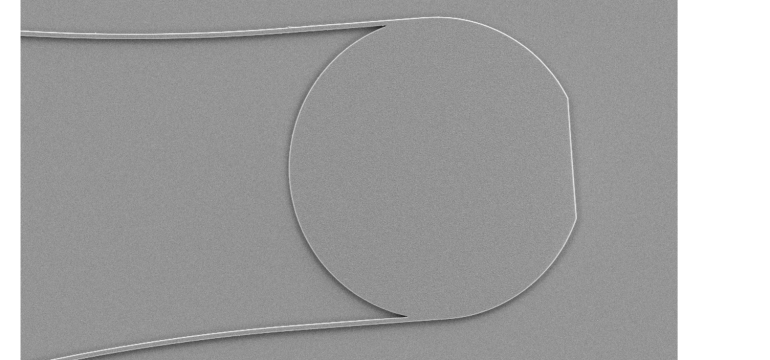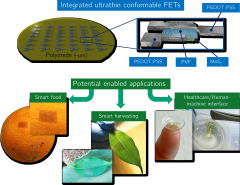Authors: Velat Kilic, Neil Macfarlane, Jasper Stround, Samuel Metais, Milad Alemohammad, A. Brinton Cooper, Amy C. Foster, Mark A. Foster
Published on: February 05, 2024
Impact Score: 8.22
Arxiv code: Arxiv:2402.02846
Summary
- What is new: The study explores the resistance of amorphous silicon (a-Si) cavities used as physically unclonable functions (PUFs) against machine learning attacks, a novel area of research showing the robustness of a-Si PUFs in secure applications.
- Why this is important: Machine learning attacks on integrated electronic PUFs have been very effective, posing a security risk.
- What the research proposes: Investigating the resistance of integrated a-Si photonic PUFs to machine learning attacks to enhance security.
- Results: Deep neural networks (DNNs) were the most effective in modeling PUF behavior but could not completely compromise a-Si PUF security, indicating their potential in secure applications.
Technical Details
Technological frameworks used: nan
Models used: Linear regression, k-nearest neighbor, decision trees (random forests, gradient boosted trees), deep neural networks (DNNs)
Data used: nan
Potential Impact
Security and encryption markets, particularly companies involved in crafting secure communication and authentication technologies.
Want to implement this idea in a business?
We have generated a startup concept here: SecureSilicon.




Leave a Reply